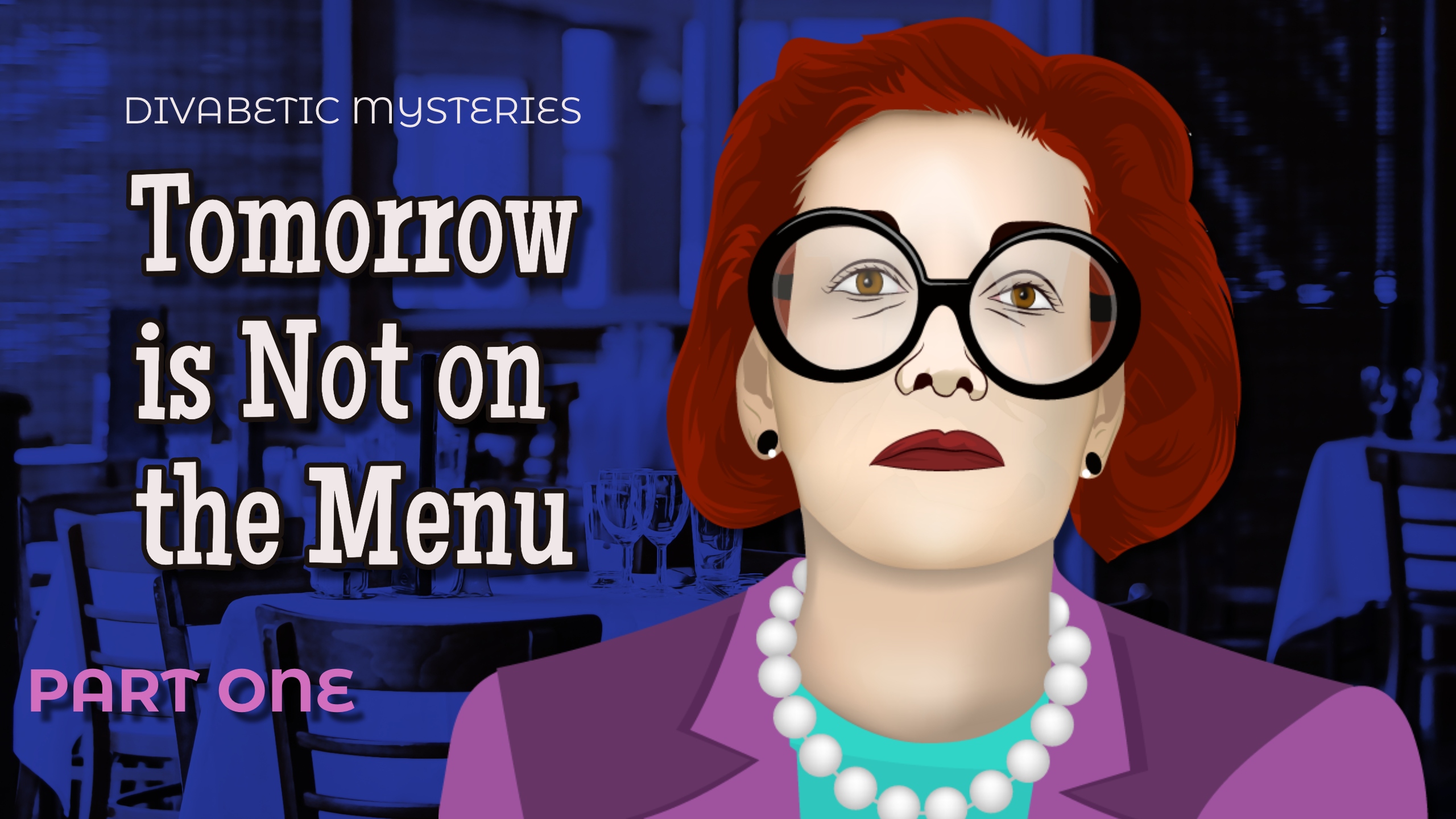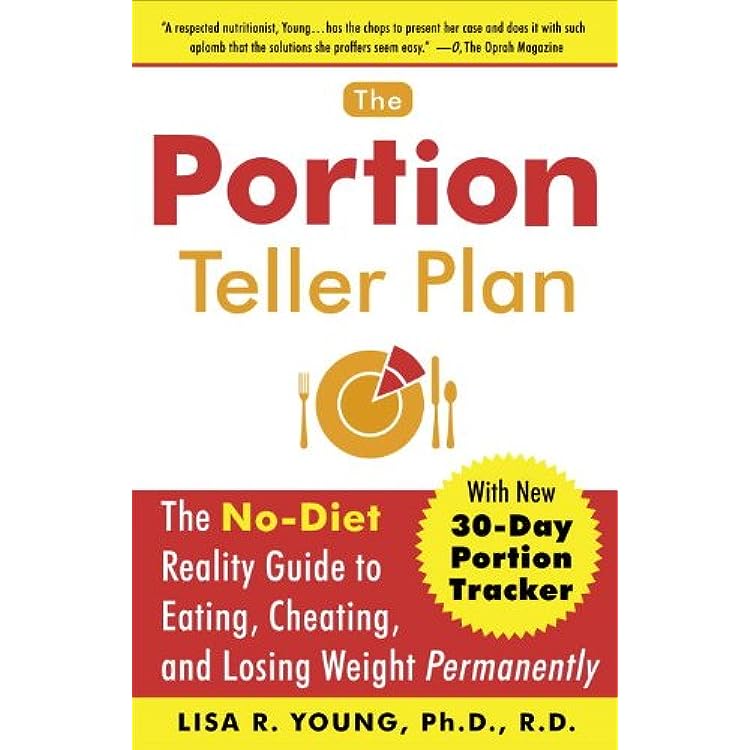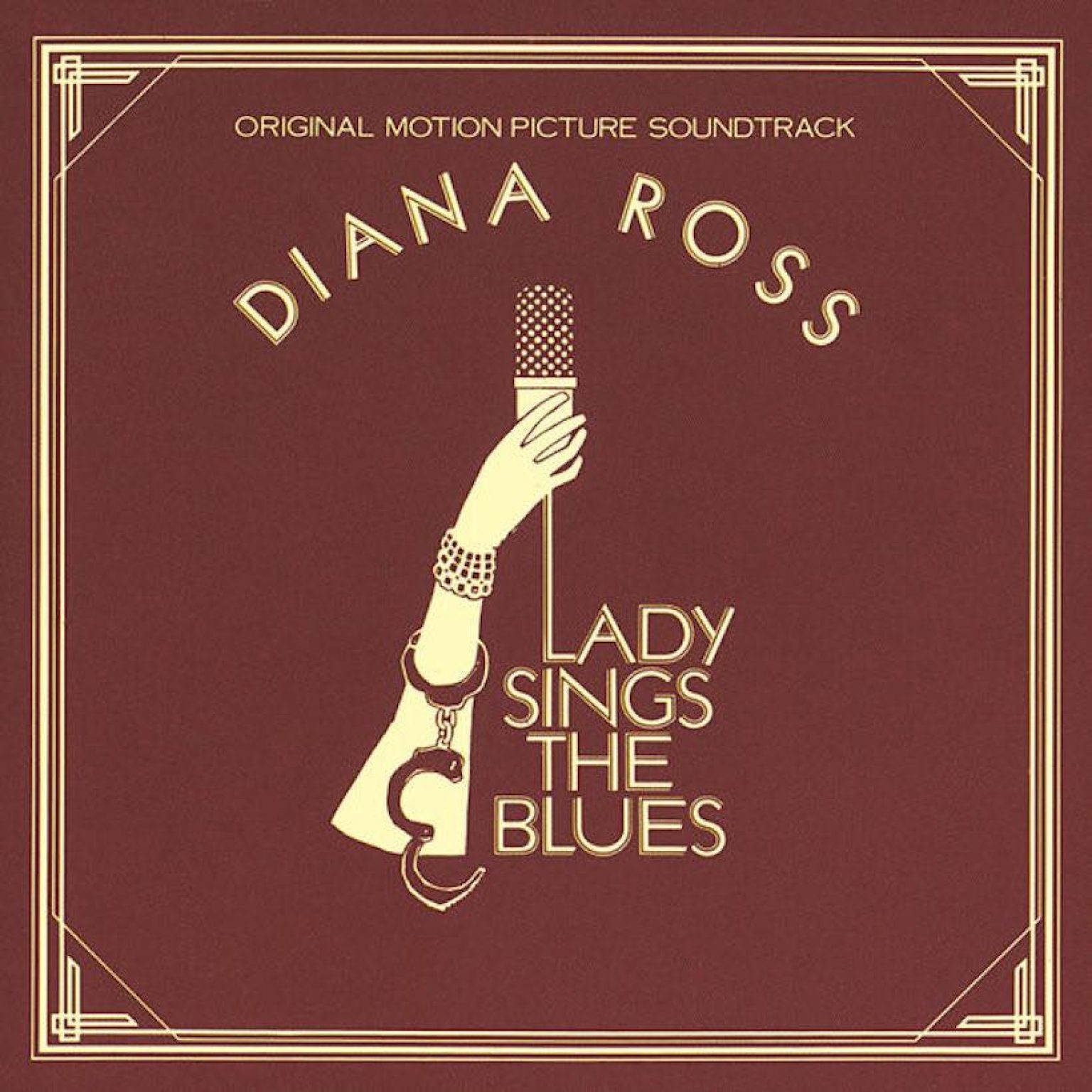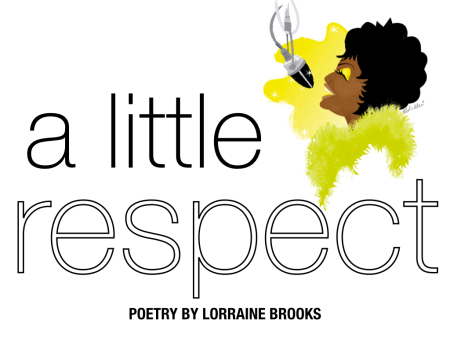
Murder Plain As Vanilla Synopsis
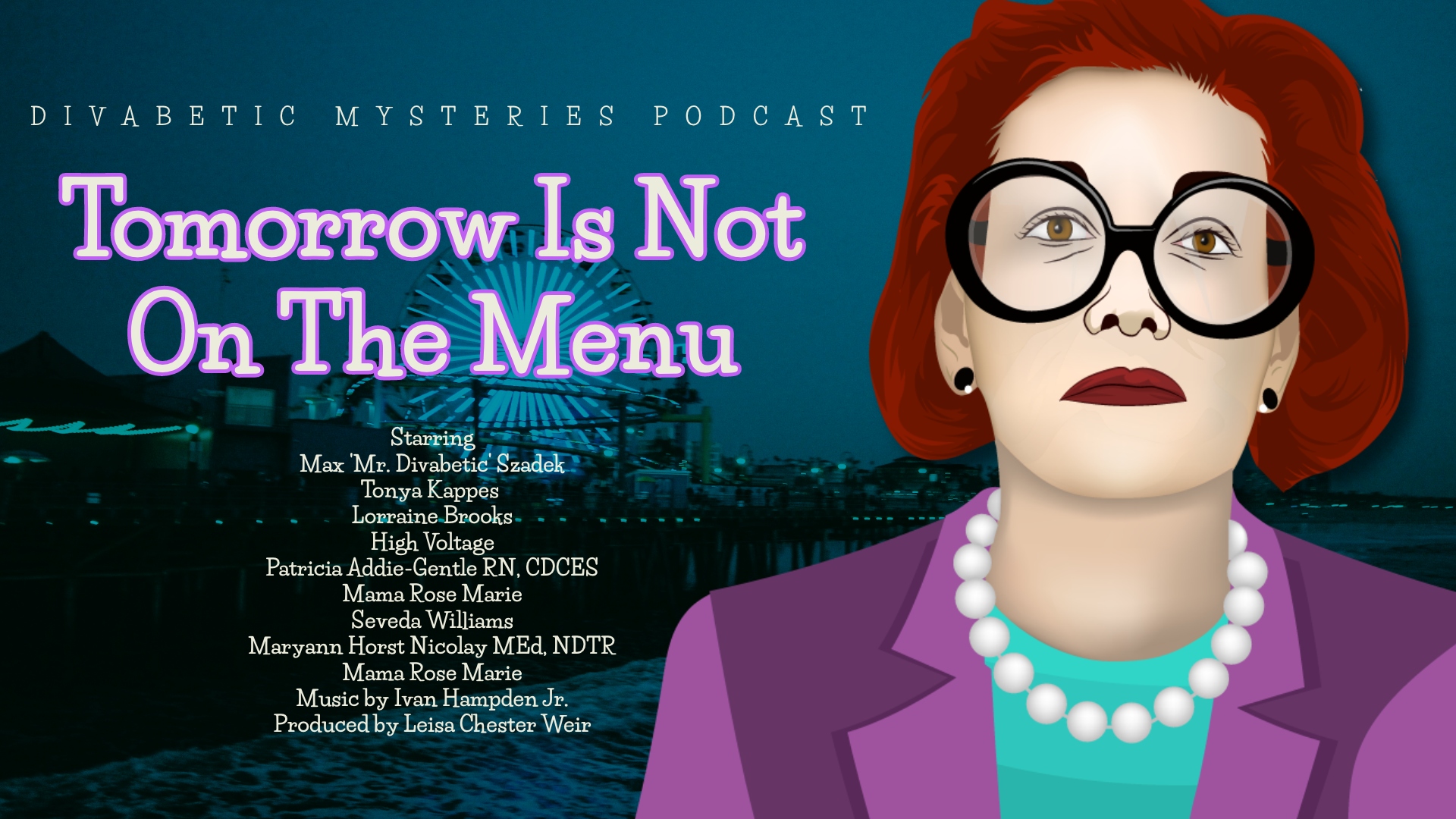
Tune in to Divabetic’s 9th Annual Mystery podcast, Tomorrow Is Not on The Menu.
The happy healthcare host, Mr. Divabetic, lands his to-die-for job as a caterer for the nation’s hottest health guru, Wendy Wattage’s Wellness Retreat on the Jersey Shore. Everything seems low pressure and low calorie until the body of the nasty food critic, Marilyn Macaroni, is found stabbed to death with one of Max’s new chef knives. Now he’s the prime suspect in a big, fat murder investigation!
Can he and his team of friends, diabetes educators, and his nosey Italian mother, Mama Rose Marie, find the killer before the police arrive? Or will he be trading his fruit suit for coveralls with stripes?
Weight loss murder never tasted so good.
Starring Mr. Divabetic, Best-Selling Author Tonya Kappes, Mama Rose Marie, Patricia Addie-Gentle RN, CDCES, Maryann Horst Nicolay MEd, NTDR, Kathie Dolgin aka ‘High Voltage,’ Seveda Williams, Dave Jones, Catherine Schuller and Lorraine Brooks. Produced by Leisa Chester Weir. Special thanks to our colleague, the multi-talented Wendy Radford.
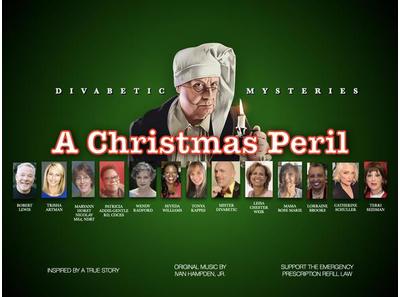
The Holidays are full of surprises— especially after Mr. Divabetic gets a new job as the pastry chef at the St. Nicholas Nursing Home nestled in a cozy Christmas Village.
But adjusting to life in a Christmas Village is not all sugarplums and candy canes. Especially when a cantankerous resident, a real-life Ebenezer Scrooge, named Mr. Pincher almost dies——shortly after eating one of Max’s peanut butter swirl brownies. Despite all of the ingredients for danger, Mr. Divabetic, our team of amateur sleuths and his overly protective mother — set out to find the real culprit hoping his name isn’t on a lethal naughty list.
Our story was inspired by Kevin Houdeshell’s tragic true-life story. Thanks to the Houdeshell family for their advocacy efforts on behalf of the Emergency Insulin Act of 2019 and the emergency prescription refill legislation. Known as Kevin’s or Howdy’s Law, it allows pharmacists to dispense an emergency supply of chronic maintenance medication if the doctor cannot be reached – a common-sense act that could save a life.
Starring Max ‘Mr. Divabetic’ Szadek, USA Best Selling Author Tonya Kappes, Mama Rose Marie, Patricia Addie Gentle, Terri Seidman, MaryAnn Nicolay, Trisha Artman, Catherine Schuller, Chef Robert Lewis, Seveda Williams, and Wendy Radford. Special thanks to the Houdeshell family and Pharmacist Mandy Reece. Original music by Ivan Hampden Jr., Celine Dion’s vocals courtesy of SONY Music. Produced by Leisa Chester Weir.
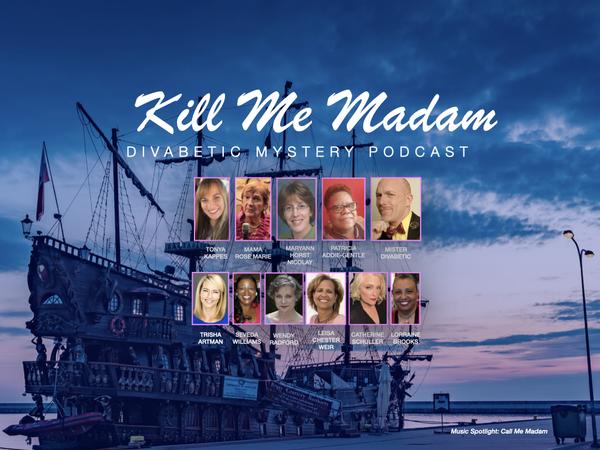
There’s a good indication that murder might be part of the recipe when Nantucket’s ten-time reigning Baking Champion’s last name is ‘Coffin’.
But resentment, greed, and Britannia’s own bad dealings turn everyone into a suspect when she’s found dead in the parking lot just before the Annual Decadents on Deck! Bake Off competition is about to kick off.
Delusional baker and amateur sleuth Mr. Divabetic is even shocked to find himself being treated as a suspect in the case by the local police after meeting her just once!
As if his life wasn’t crazy enough before, escaping a murderous mishap in New York and attempting a fresh start in Nantucket has turned into a complete and utter baking disaster, now Max, along with his friends and nosy mother, have to add tracking down a murderer to his To-Do list, as well.
Can our team hunt down the real murderer before they strike again? Will he become the next victim? Can Max ever manage to bake a cake that’s actually edible?
Divabetic’s Mystery podcast cast includes USA Best-Selling Author Tonya Kappes, Patricia Addie-Gentle RN, CDE, MaryAnn Horst-Nicolay MEd, NDRT, Lorraine Brooks, Catherine Schuller, Wendy Radford, Coach The Cure‘s Trisha Artman, Mama Rose Marie, Seveda Williams, and Max ‘Mr. Divabetic’ Szadek. Produced by Leisa Chester-Weir.


















